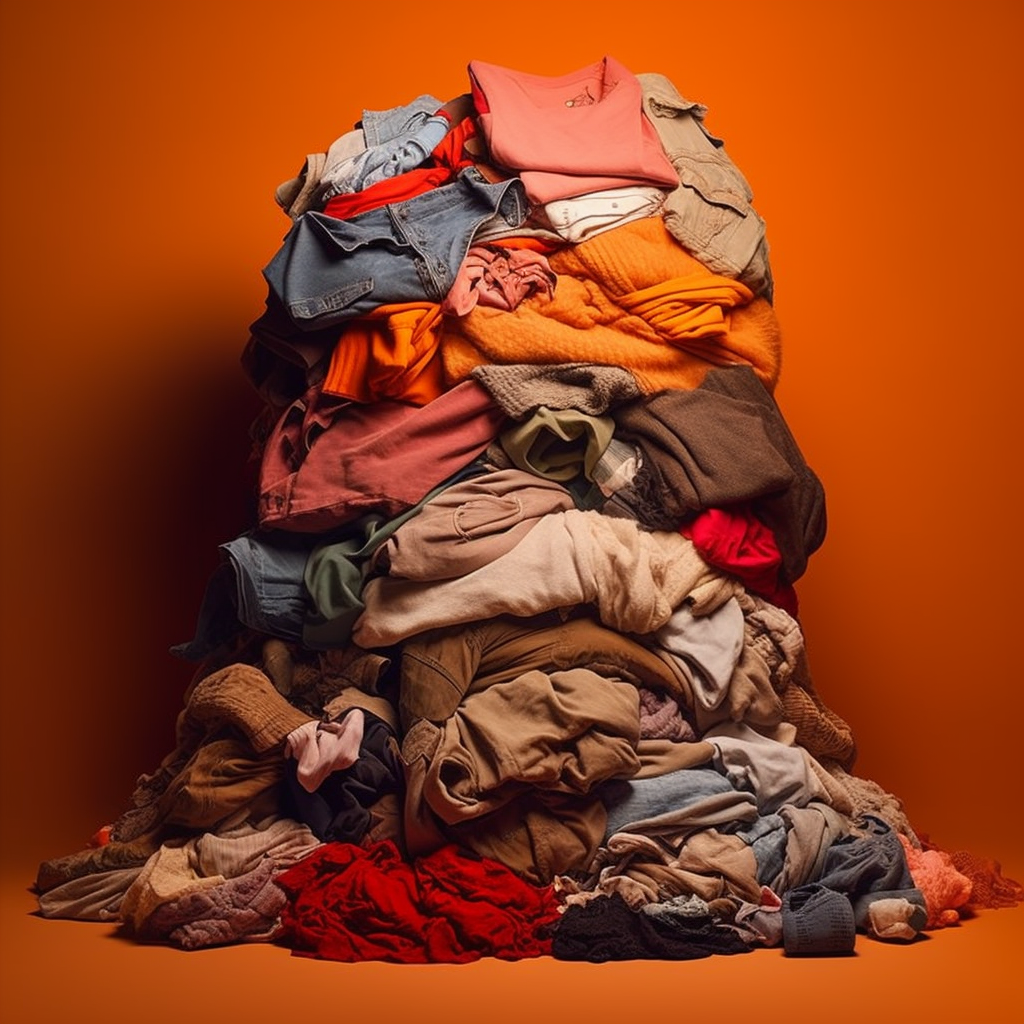SheIn Tries to Break America

Shein, the fast-fashion giant that churns out disposable fashion at an alarming rate is preparing to take over USA.
Shein, the fast-fashion behemoth, has made a fortune selling $5 crop tops and $15 bikinis. It's a strategy that has left even the biggest names in the industry, such as Zara and H&M, in the dust. But don't be fooled by the low prices: Shein's business model is as environmentally unfriendly as they come.

- The company's rapid growth (a staggering 46% surge to $23 billion in 2022) is largely due to its exploitation of the planet and its workers. Its model involves pushing out more than 6,000 new designs per day, often copied from other designers, and selling them so cheaply that they're practically disposable. This "wear once and toss" philosophy has fueled a culture of overconsumption, contributing significantly to the fashion industry's environmental damage.
- Shein's dubious environmental record is matched only by its murky corporate structure. Despite being a Chinese company, it has been extraordinarily adept at navigating trade loopholes to dodge U.S. import duties and tariffs, bypassing both financial and ethical responsibility. Meanwhile, allegations of unsafe working conditions and the use of forced labor in its supply chains have done little to tarnish its image.
- In response to mounting criticism, Shein is supposedly setting up manufacturing hubs in Mexico, Brazil, and India. However, this move seems less about sustainability and more about avoiding regulatory scrutiny ahead of its impending IPO. It's a classic "greenwashing" move: make a few token changes and continue business as usual4.
- In the end, Shein's success story is a stark reminder of the true cost of fast fashion: the exploitation of the planet and its people.


